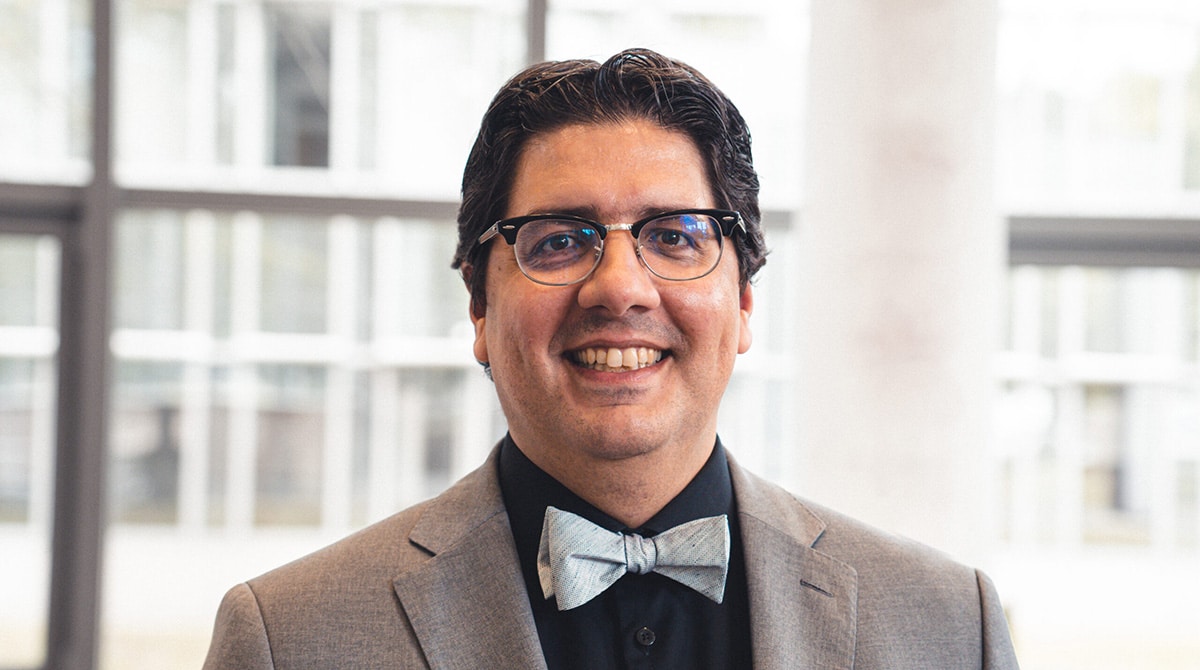The Center for Diversity in Law is a newly established research hub committed to promoting inclusivity within legal systems. Under the leadership of Max Planck Fellow Emanuel V Towfigh, the Center will begin its substantive work in February 2025. It aims to address structural inequalities in the legal system and enhance access to justice for marginalized groups, including people of colour, women, and religiously or socially excluded communities. The Center’s mission is grounded in three core pillars: advancing the academic study of diversity in law, conducting independent research in this field, and translating research into practice by engaging with policymakers, justice ministries, legal practitioners, and civil society organizations.
Funded by Stiftung Mercator and based at the Max Planck Institute for Comparative Public Law and International Law , the Center is poised to become an important contributor to the global discourse on diversity in law.
In a recent interview, Professor Towfigh elaborated on his motivations for founding the Center, linking its mission to the integrity of democratic institutions. ‘If people do not see the realities of their lives acknowledged in the legal system, we risk fostering parallel justice, which undermines the rule of law—a cornerstone of any democratic and liberal state’, he explained. Discussing the legal system’s lack of diversity, he noted: ‘By legal system, I’m referring not only to the judiciary, but also the attorneys, people in public administration, in the legal academy, and so on’.
Central to the Center’s research will be the efforts of two PhD candidates and a postdoctoral researcher. One PhD project will focus on empirical work to better understand the mechanisms driving exclusion, while the other will work more doctrinally, analysing legal frameworks to identify potential remedies. The postdoctoral researcher will support the coordination of the project, assist in building a diversity network, and undertake independent research.
As the Center is in its initial phase, it is adopting a focused approach to its work. Professor Towfigh acknowledged that, while diversity challenges are global in nature, the Center’s primary attention will be on the German legal system. Nonetheless, the Center will draw on insights from other jurisdictions to inform its work. ‘Diversity challenges are path-dependent’, Professor Towfigh noted. ‘In Germany, they are closely tied to post-World War II industrialization and labour migration, unlike the colonial histories in the UK or the legacy of slavery in the US’.
Collaboration with the Max Planck Law network will be pivotal. With its nine Institutes and over 400 researchers, Professor Towfigh praised the network’s ability to foster dialogue and promote comparative insights. ‘The original idea was to connect the Center to Max Planck Law, and my hope is to engage with as many individuals working in the field as possible’.
